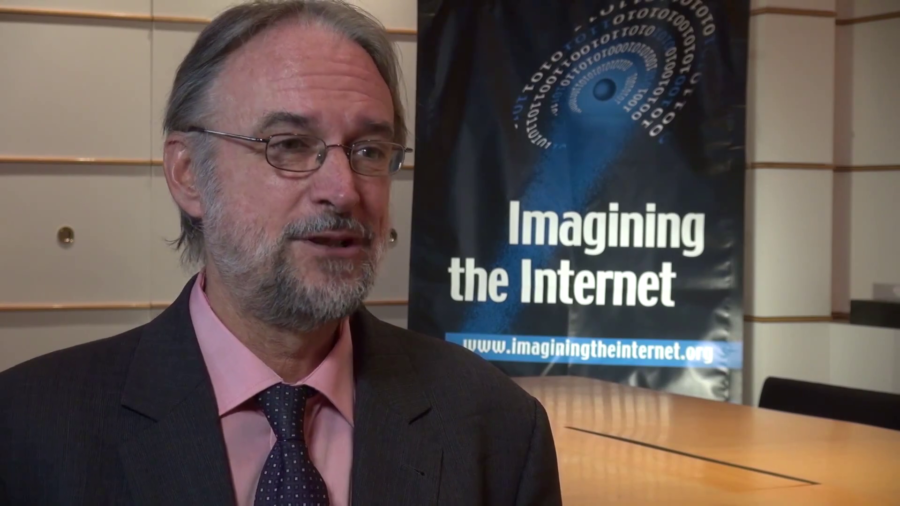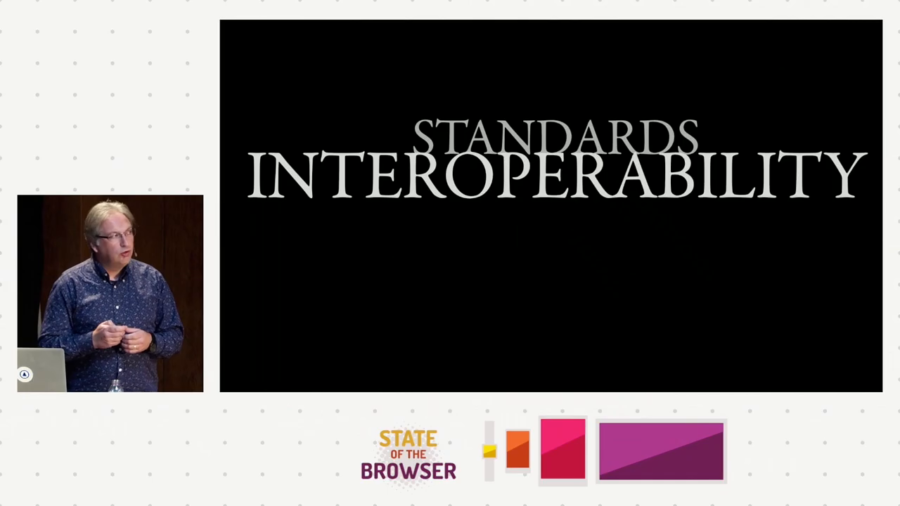I remember a day quite some time ago—I think it must have been 2001 or so, when I was here for a conference and I looked at the display of one of these electronics shops and I saw thirty different brands of MP3 players. So I said okay, finally we got the breakthrough, now everybody uses it.
Archive
Carl Malamud: Internet Talk Radio, flame of the Internet. This is Geek of the Week and we’re talking to Bernhard Stockman who is technical director of EBONE, the European backbone. Welcome to Geek of the Week Bernhard Stockman: Okay, thank you. Thank you. Malamud: Why don’t you tell us what EBONE is? Stockman: Okay. EBONE is a consortium of …read the full transcript.
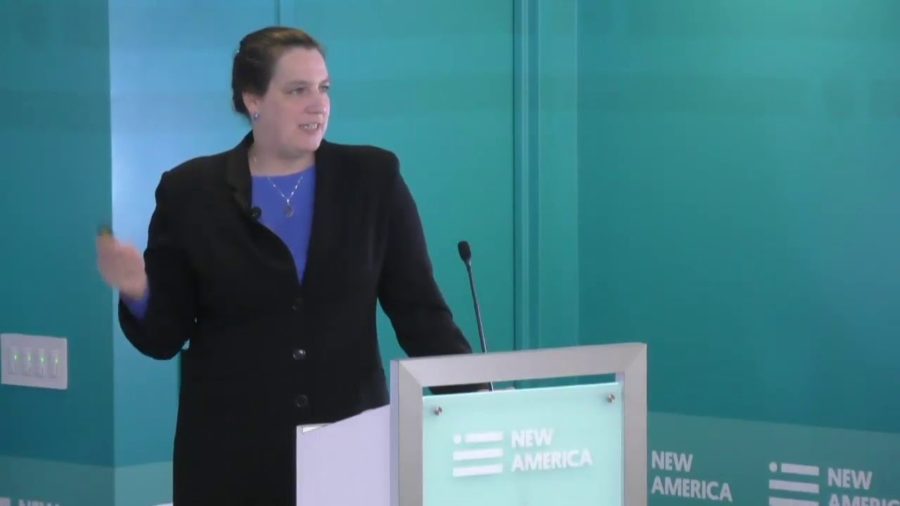
Self-sovereign identity is what sits in the middle enabling individuals to manage all these different relationships in a way that is significantly less complex than each of those institutions needing to have a business relationship with each other to see those credentials.
It’s kind of like we could have the Congress of the United State pass a law with regards to time travel, but let’s face it you know, no one has a time travel machine so what’s the point of it? You can’t change physical laws by making administrative policy. Why should you think you can standardize complicated technology without understanding it?
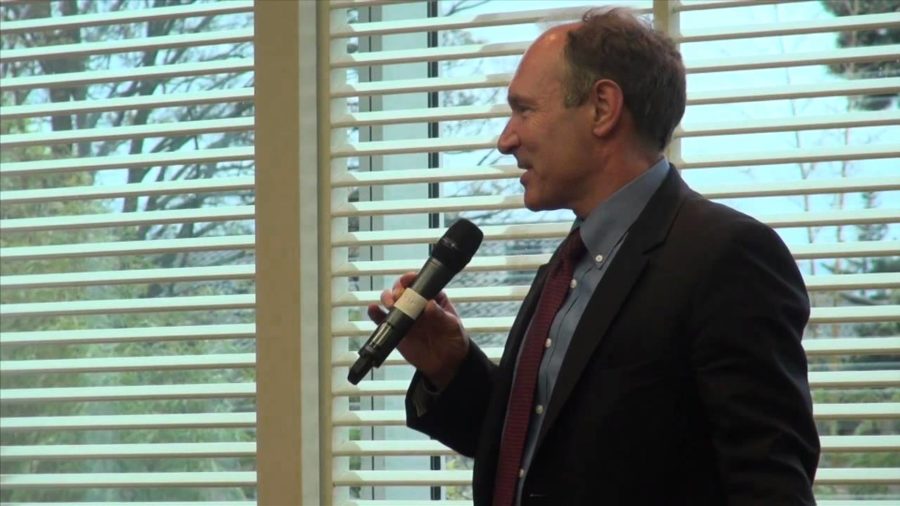
People are amazed at the growth of the Web, but the growth of the Internet, that was actually what happened from zero. So the things that you guys have done from this have been the way that we have learned.
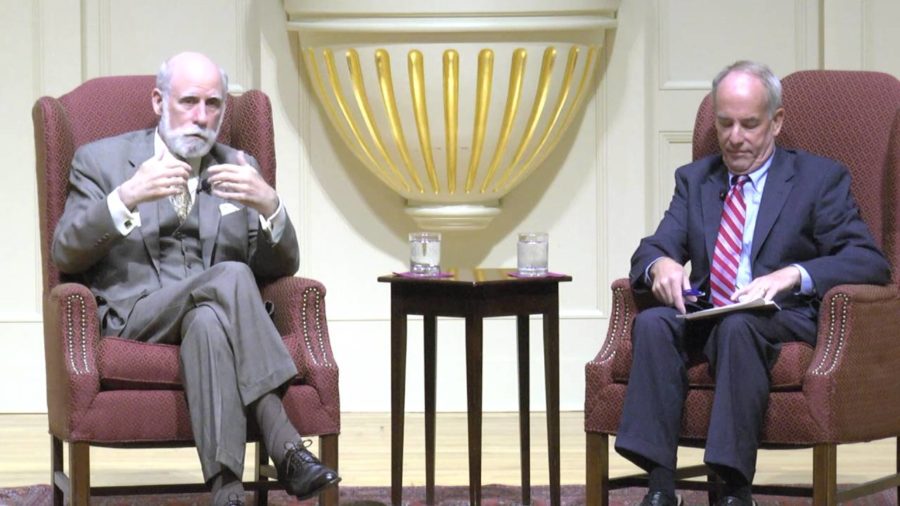
We’ve already been through several situations where new technologies come along. The Industrial Revolution removed a large number of jobs that had been done by hand, replaced them with machines. But the machines had to be built, the machines had to be operated, the machines had to be maintained. And the same is true in this online environment.
We’re at a thousand dollars per gigabyte, which is what current disk drives cost. The twenty terabytes that people estimate in ASCII that’s in the Library of Congress is just twenty million dollars. So that’s not very much money in terms of being able to store and retrieve the Library of Congress.
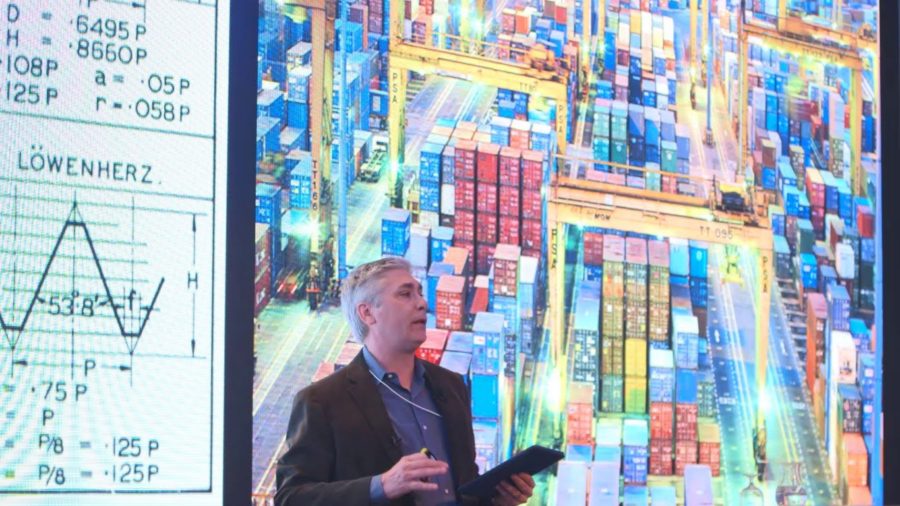
One of the ways that industrial revolutions are interesting to think about is that they look differently depending on how and where you see them from. They look different whether you see them from Europe or Asia or Africa. But regardless of time or place, economists and historians generally tend to look at industrial revolutions through the lens of innovation. And in my short talk today I want to encourage a different way of thinking about this.
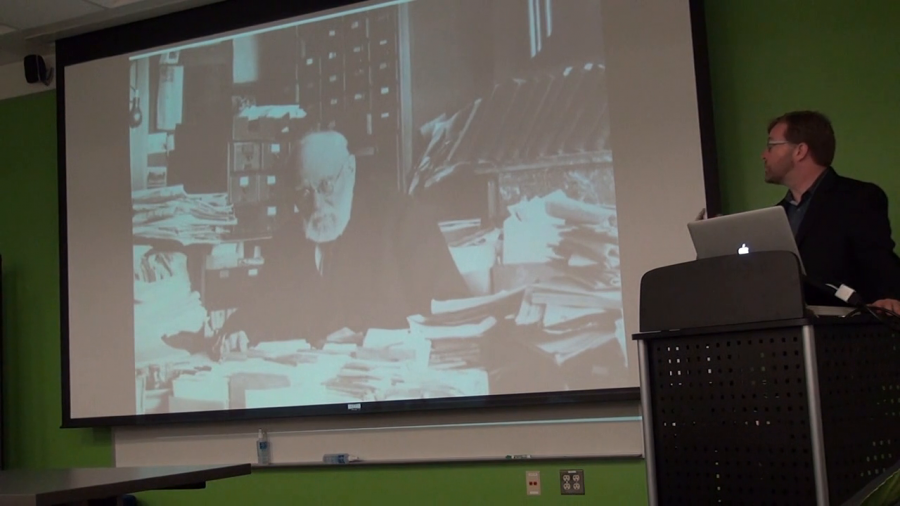
I wanted to give you a little bit of perspective on Otlet’s broader vision, which I think is in a way even more interesting as a reference point for thinking about some of the changes we’re seeing today as our lives are increasingly reshaped by technology and networks. What Otlet offers is a different way into that space, and a different way of thinking about what a networked world could look like.

